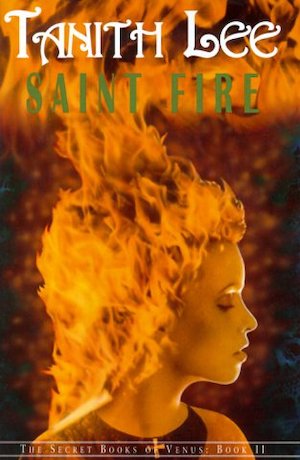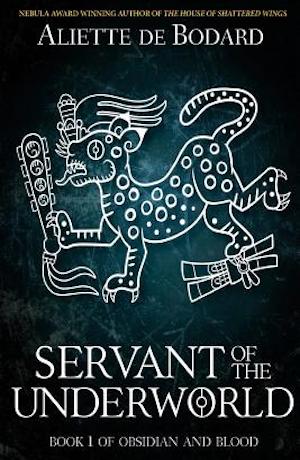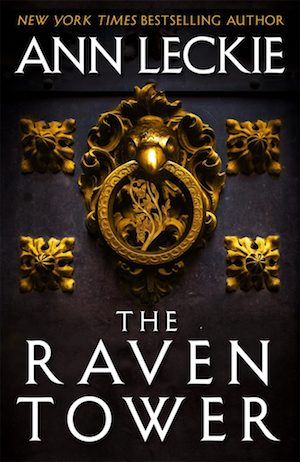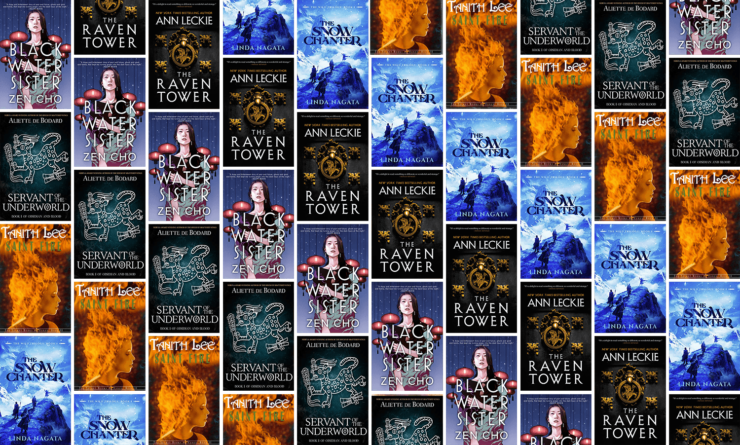In the days of yore, if I wanted to buy a table-top roleplaying game, I had to travel to Toronto, the nearest major city. If I wanted inked dice, I had to hand-ink them myself. If I wanted fellow gamers, I had to shape mud into human form and breathe life into my golems (oops, no, I couldn’t do that, sometimes I just wished I could).
In those days, most TTRPGs treated gods as a sort of theological ConEd for wandering clerics. Gods had different names and superficial attributes, but otherwise their cults were much of a muchness, with no actual doctrinal differences.
One notable exception was Chaosium’s RuneQuest, particularly those supplements set in Greg Stafford’s gaming world of Glorantha. Glorantha is a Bronze Age world featuring legions of gods and just as many cults. These cults are eager to recruit worshippers (as is not unknown in real-world religions). Players are wise to choose carefully, as which god and cult they choose has a profound effect on their characters. For example, Humakti worshippers will make very different decisions and have access to quite different cult magic than will followers of Zorak Zoran.
Similarly, many fantasy authors have realized the plot potential inherent in religions that are more than a bland background noise.
Saint Fire by Tanith Lee (1999)

The Council of the Lamb worships the one true god. Under their firm, just guidance, the otherwise easily gulled dupes who call the city of Ve Nara home might waste their lives on earthly pleasures, rather than engaging in the austere piety that the one true god manifestly desires. It cannot be doubted that the Council of the Lamb is entirely correct in its interpretation of divine will, for has the one true god not set the Council above the Ve Nara rabble?
Volpa is a slave, born to serve. Miser Ghaio decides Volpa can best serve him in bed. Ghaio discovers that angel-touched Volpa has the gift of pyrokinesis…shortly before the miser is consumed by fire. Tested by the Council for Lucifer’s touch, Volpa proves innocent. Perhaps some holy purpose can be found for her gift, like setting alight the heretic fleet even now bearing down on the city. And should Volpa refuse to be a weapon? To the pyre with the sinner!
***
Servant of the Underworld by Aliette de Bodard (2010)

Acatl is High Priest of Mictlantecuhtli, god of death in the city of Tenochtitlan. Death is a natural and inevitable part of the cycle of existence. One might expect Acatl’s priestly duties to keep him busy, particularly since Acatl’s gods take an active interest in the world and their followers delight in conspiring against one another. Like some fictional clerical figures of another time and place, circumstances conspire against Acatl, forcing him to solve mysteries that would otherwise be left unsolved. Acatl rises to the challenge, for if the Fifth World ever gets too far out of balance, it may end as worlds have ended before it.
The priestess Eleuia vanishes from the House of Tears, a school for girls, borne off by clearly supernatural means. Alarmingly, her room is spattered with enough blood to cast doubt on the priestess’ survival. Providentially for Acatl, the list of suspects is quite short. Rather less conveniently, said list is headed by Acatl’s own brother, Neutemoc. The authorities of Tenochtitlan (riven by factionalism) are more focused on blaming an obvious suspect rather than on petty issues like Neutemoc’s guilt or innocence. Determining what actually happened to Eleuia is therefore left to Acatl.
***
The Raven Tower by Ann Leckie (2019)

The gods in this book long predate humans. Strength and Patience on the Hill, who appears to mortal eyes a large rock, is so ancient that it remembers trilobites. Nevertheless, the appearance of humanity was a significant event for the gods, for a god with worshippers draws power from them. Sensible gods, therefore, carefully husband their human resources.
The god Raven inspired his followers to build the fortress of Vastai, which controls a strategic strait linking an inland sea to the ocean. Trade duties have enriched the city. The price of their god’s favour is a small one, a human life now and then. The life to be given? That of the ruler of the city. He is known as the Lease.
Mawat is astonished to learn his father, the current Lease, has vanished, leaving his uncle Hibal the new Lease. Mawat is convinced that Hibal is somehow to blame, but bold Mawat is no detective. Instead, it falls to a mere servant named Eolo to undertake a personal investigation and to discover that while humans worship gods, they do not in fact understand them.
***
The Snow Chanter by Linda Nagata (2021)

Humans swept into the Wild, replacing pristine wilderness with farms and towns. Many Inyomere, the nature spirits, were unsure how to manage the invasive species. Siddél, embodiment of storm, was forthright. Humans have to go. Accordingly, Siddél dabbled in creation, shaping the monstrous arowl to exterminate obnoxious humanity. This bold initiative was not completely successful. The arowl attacked everything, not just humans. Nor did they succeed in wiping out the humans (though the few remaining humans led difficult lives).
Not all Inyomere hate humans. The Snow Chanter took human form and married a mortal man. Her forty-plus children became Clan Samoket. Centuries later, Clan Samoket’s Inyomere heritage is diluted but still active, granting some, like young Bennek, supernatural powers. With great power comes…but we all know how that ends, right? Divine omens entice three Samokean orphans—Bennek, Kit, and Marshall—back to their homeland, where, if their swords are as sharp as their wits, they may rescue a god. Or perhaps simply play a minor role in a vainglorious wizard’s bid for power.
***
Black Water Sister by Zen Cho (2021)

Harvard graduate and woman with a bright future Jessamyn Teoh must leave behind her girlfriend and return with her parents to Penang, a city she has not seen since she was a child. But at least Jessamyn does not lack for company. Her grandmother Ah Ma, long estranged from Jessamyn’s family, accompanies her descendants. More precisely, Ah Ma’s ghost moves into Jessamyn’s body, providing the young woman with unrequested commentary on her life choices.
Ah Ma isn’t possessing a granddaughter she has never seen just for the lulz. Ah Ma is determined to save a small temple from being plowed under to make way for billionaire Ng Chee Hin’s visionary condominium scheme. Although a minor temple, it is home to a very real god, the eponymous Black Water Sister. Ah Ma has an interest in Black Water Sister. More importantly, the god has an interest in Ah Ma. And now, thanks to Ah Ma’s cunning schemes, the Black Water Sister is very interested in Jessamyn.
***
No doubt you have your own favourite examples, ones you may be aghast I did not mention (although I will point out that at least two Tor.com essayists have delved into similar themes previously, here and here). But there’s always room for more, and the comments are below.
In the words of Wikipedia editor TexasAndroid, prolific book reviewer and perennial Darwin Award nominee James Davis Nicoll is of “questionable notability.” His work has appeared in Publishers Weekly and Romantic Times as well as on his own websites, James Nicoll Reviewsand Young People Read Old SFF (where he is assisted by editor Karen Lofstrom and web person Adrienne L. Travis). He is a four-time finalist for the Best Fan Writer Hugo Award and is surprisingly flammable.










